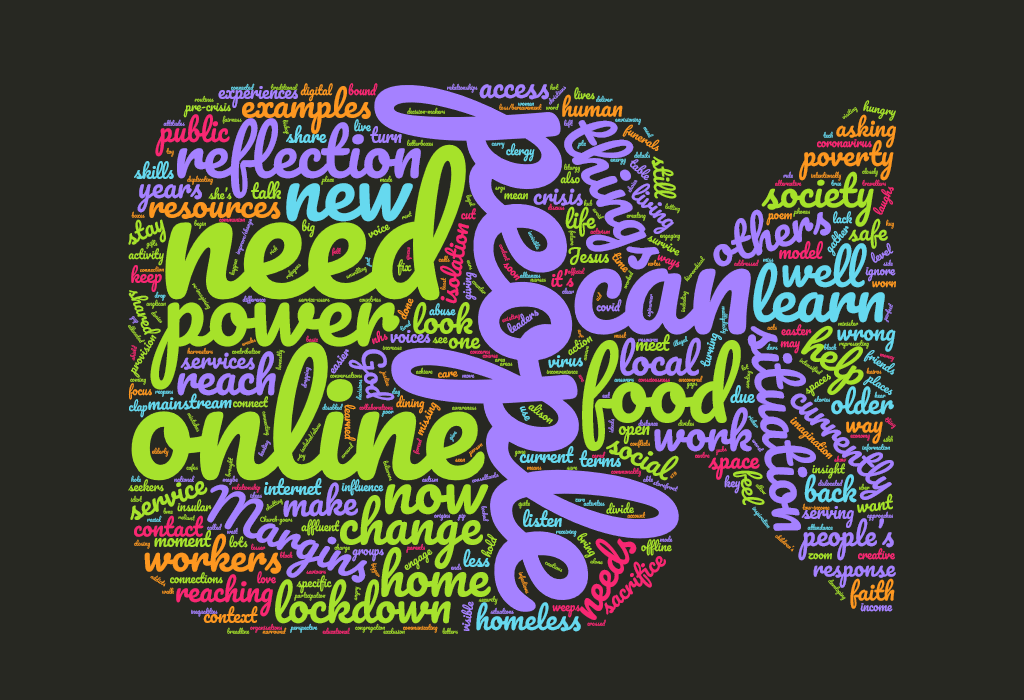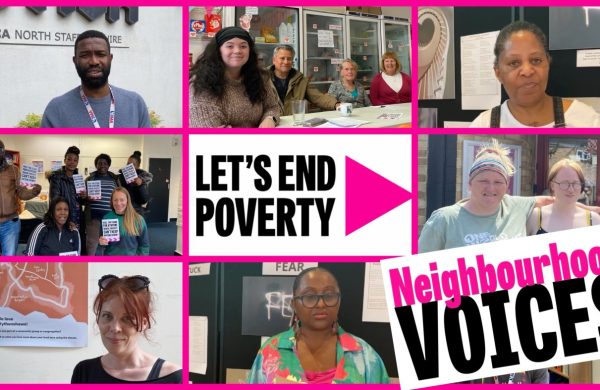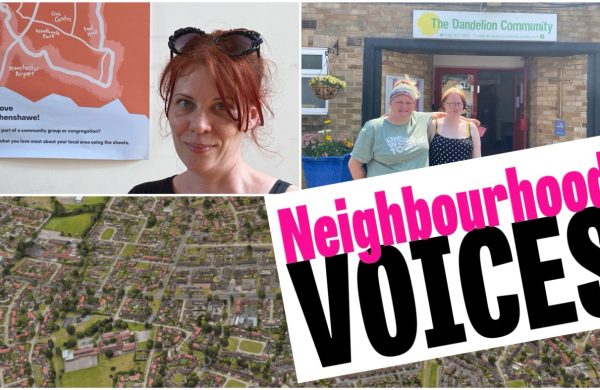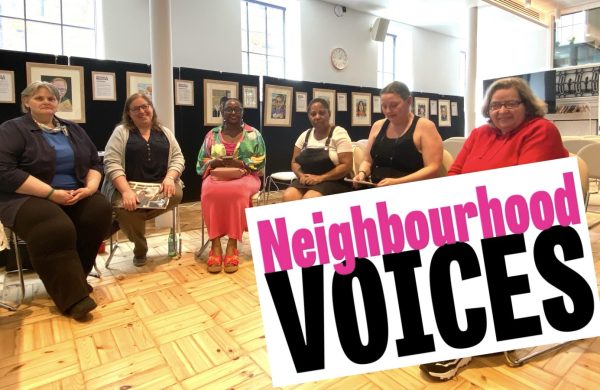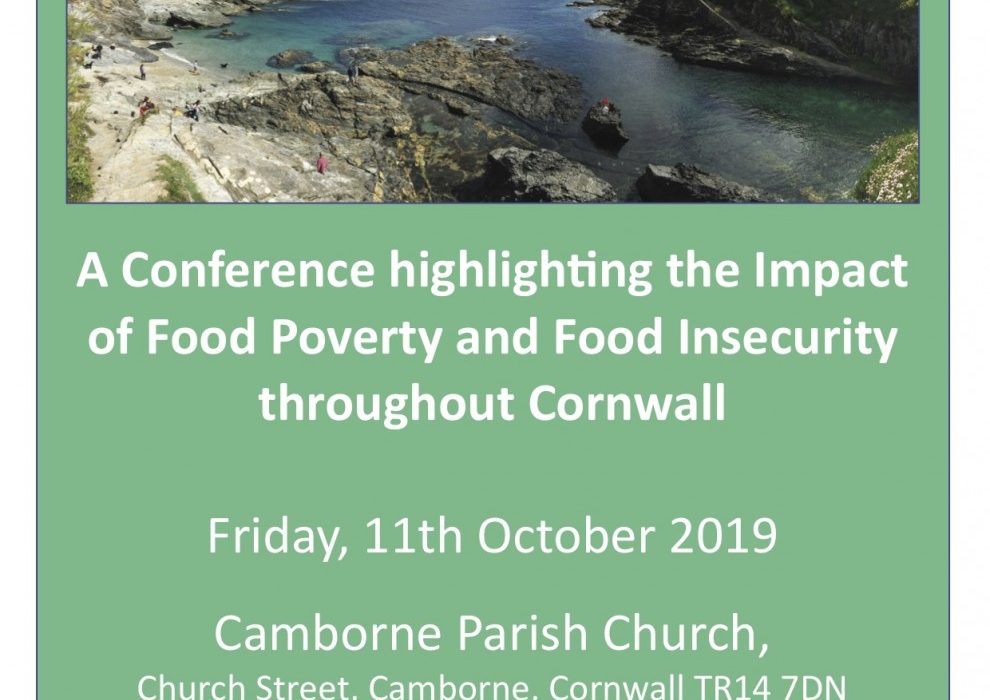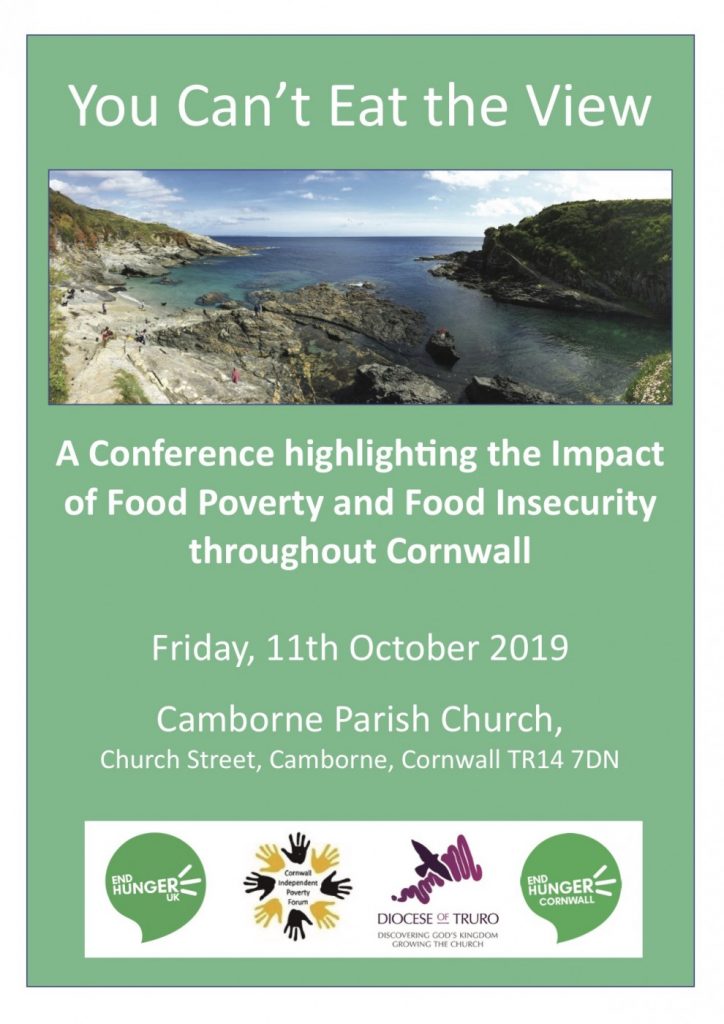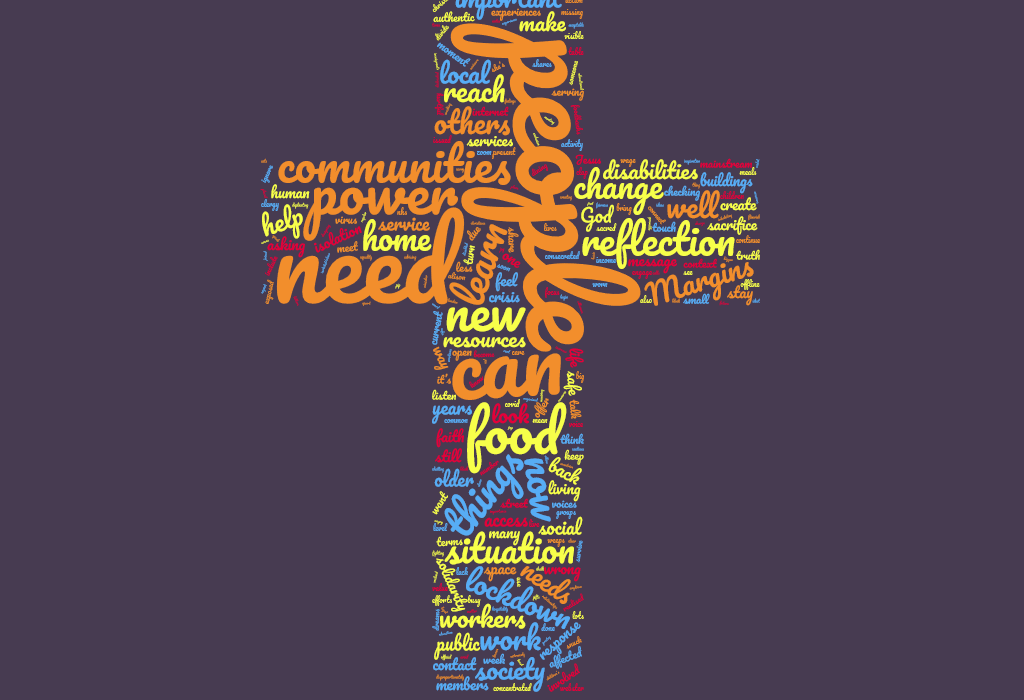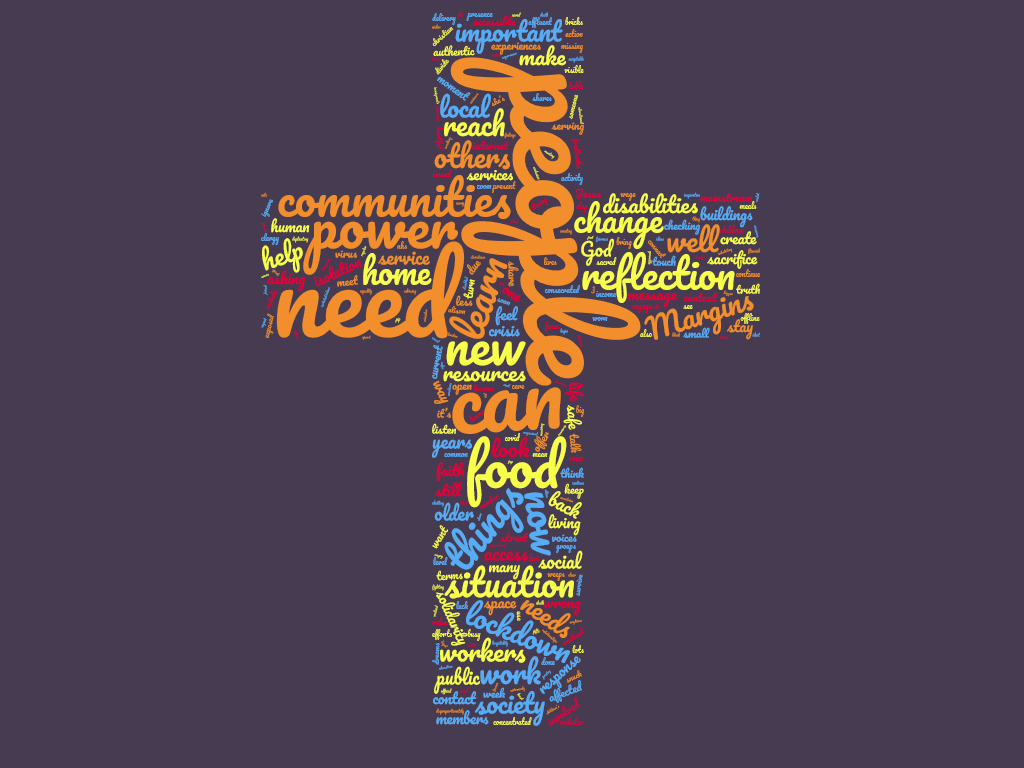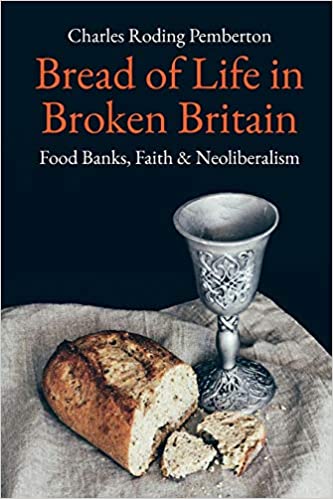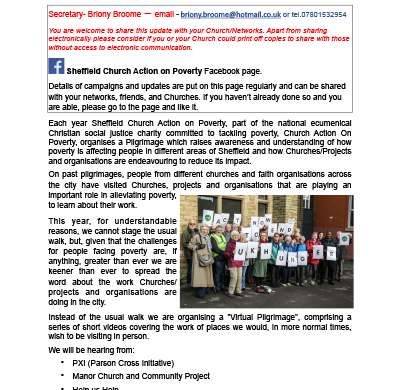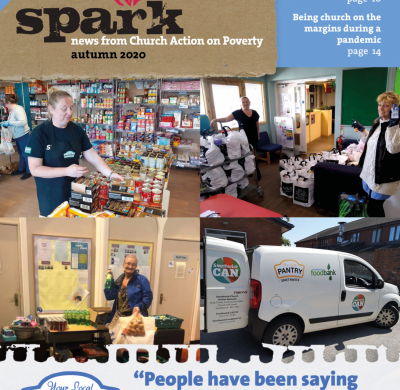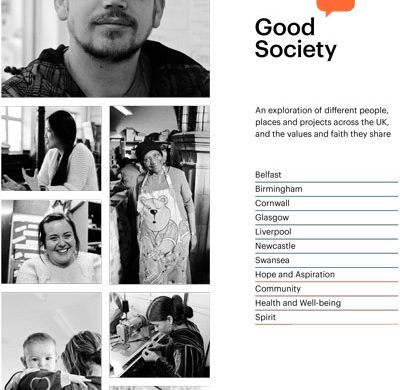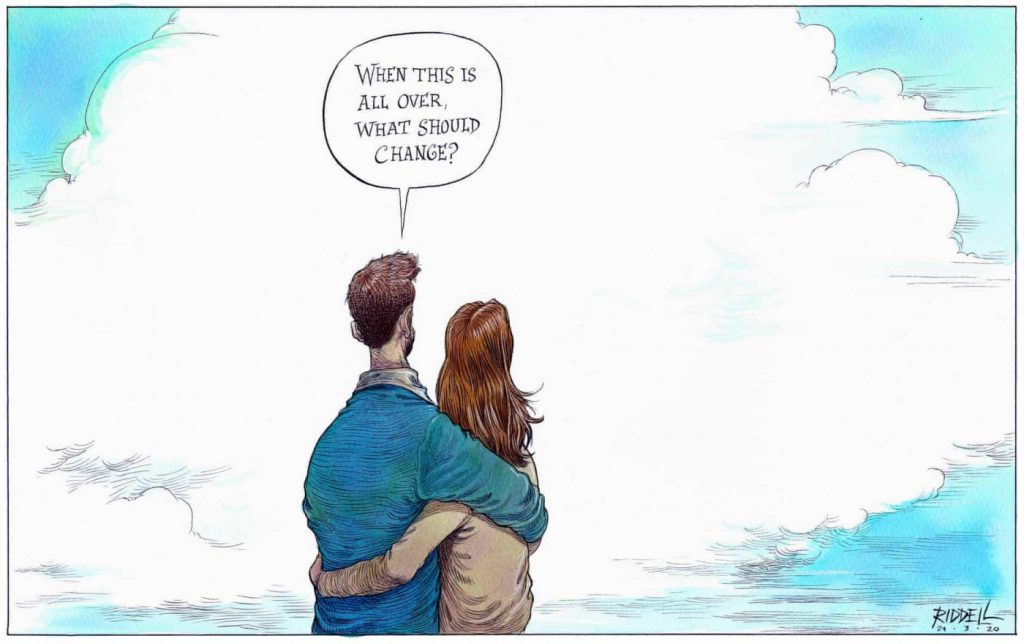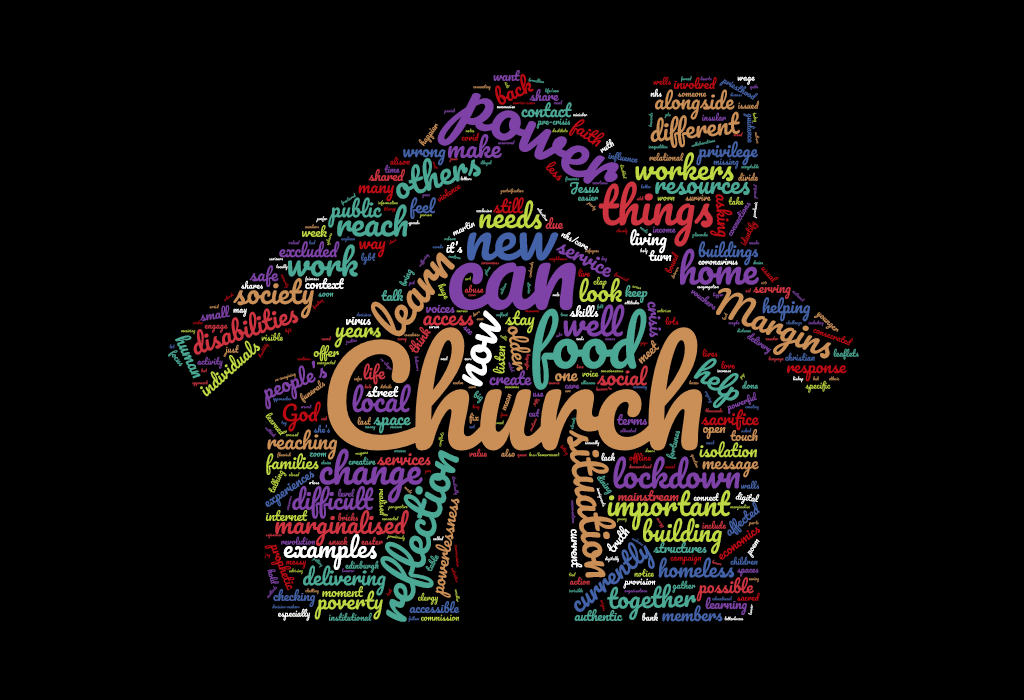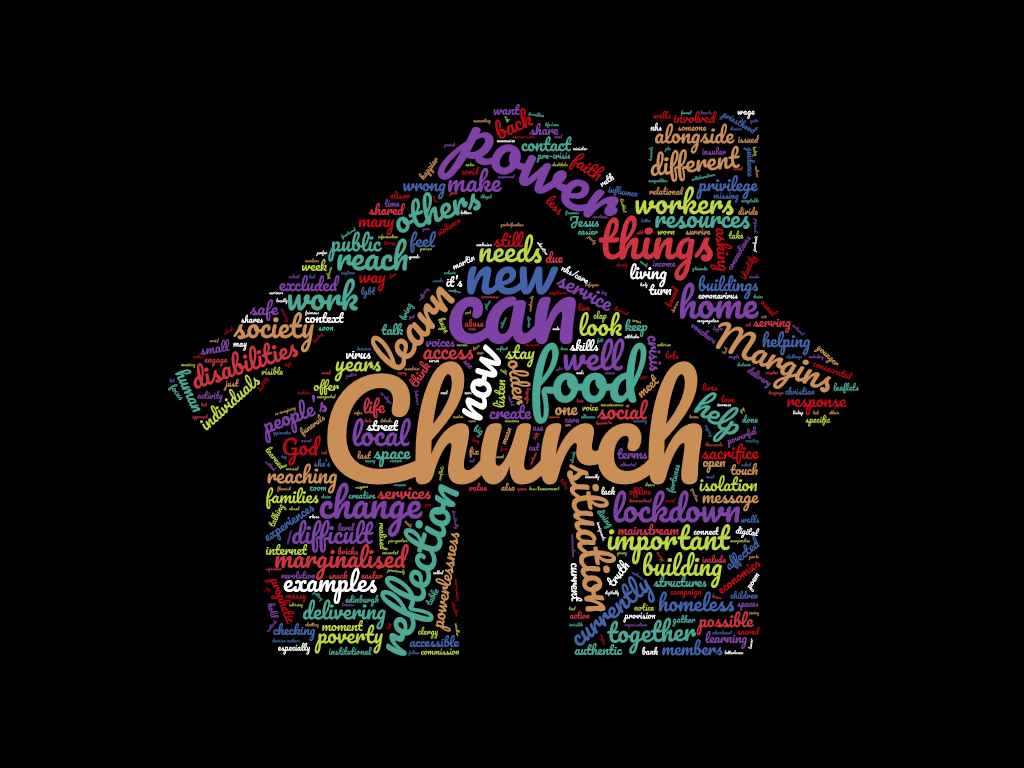A report from our 28 May online discussions on what it means to be church on the margins during the pandemic.
Opening reflection from Revd Raj Bharath Patta, on ‘Reimagining Church Today’
How is church being missed today by the community around us?
- Online church is reaching thousands more people than before.
- Are we creating new communities – including people who were not church members before (people who were excluded or marginalised).
- Some people really miss the regular church service.
- God is present in unexpected places.
- Worship, fellowship, communion.
- What is the church for (beyond the church community/friendship)? If the church has no impact in the local community what is it for?
- During C19 we have found God in the community, mutual aid, helping people.
What is our dream if the church has to be reborn? (How do we achieve this?)
- What does ‘church membership’ mean? It does not have to be weekly attendance.
- Church language can be off-putting for new people (e.g. ‘unchurched’).
- Small dreams are important (as well as big dreams).
- Be real, authentic. Walk alongside people. Show God’s love.
- We need a liturgical revolution.
- We need to dream big – a revolution for society.
- Doughnut economics – an alternative to growth economics (see Ted Talk and book by Kate Raworth). People are stuck in the hole in middle, we need to reach out to them.
- Doughnut theology – we need the church to think in terms of people and need, not growth.
- Participation in and with the community (e.g. SRGs, Messy Church). Do not separate the church and community into ‘projects’, see it as a whole.
- Rethink the way we do ministry.
- This could be a moment of transformation for the church and wider society.
- Zoom church is more accessible for some people (e.g. families, people with disabilities).
- We need safe spaces in the community for people of different faiths to come together.
- Reflect on our activities annually and drop one to create energy for something new.
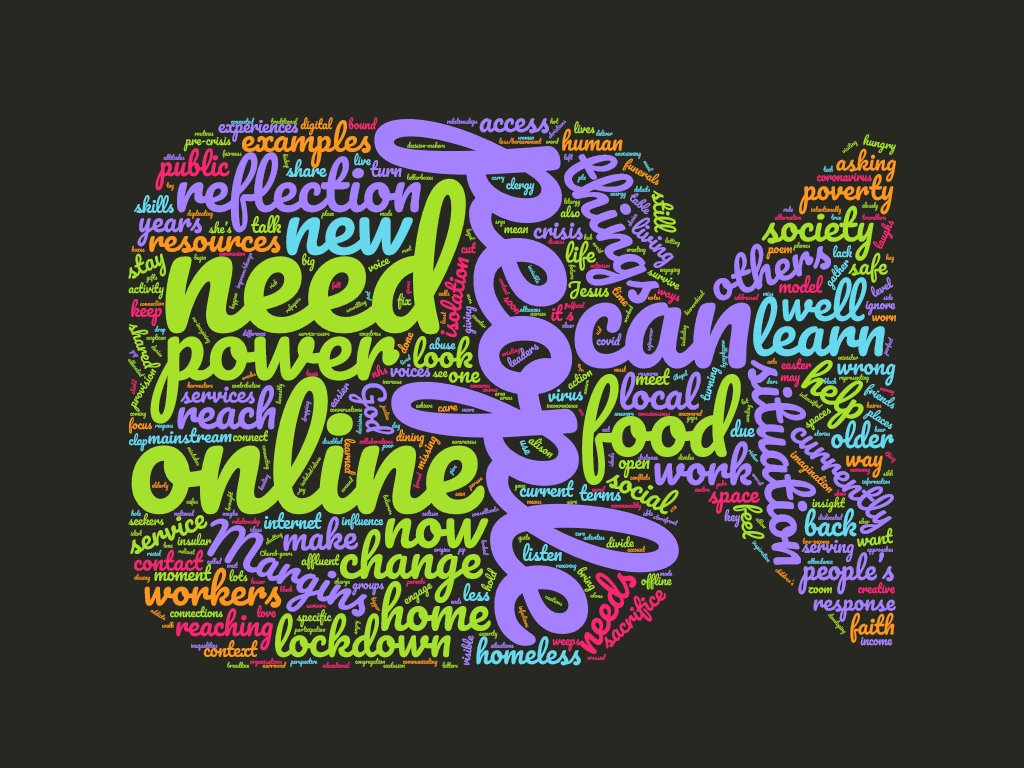

Research and Information Officer
Dreamers Who Do: North East event for Church Action on Poverty Sunday 2024
You are invited to join us in Walker Parish Church, Duncan Street, Newcastle NE6 3BS on Sunday 11 February 2024 at 3.30pm. Hear how local …
Autumn Statement: Stef & Church Action on Poverty’s response
This is Church Action on Poverty’s response to the 2023 Autumn Statement, from campaigner, researcher and writer Stef Benstead. Stef is a trustee for Church …
Act On Poverty – a Lent programme about tackling UK and global poverty
Charities and churches launch course on practical activism ahead of a much-anticipated General Election.
How 11 people spoke truth to power in Sussex
Powerful and amazing things happen when people who want change come together. We’ve seen that time and time again… and we’ve been reminded of that …
Obituary: Michael Campbell-Johnston SJ
We remember a Jesuit who was committed to hearing the cry of the poor
Annual review 2022-23
Read about our impact and how we used our resources in our 40th anniversary year
6 places, 41 people: Some of the UK’s unheard election voices
Our Neighbourhood Voices conversations have yielded some fascinating ideas and insights. The UK needs to get serious about ending poverty. …
Wythenshawe voices: It’s wonderful – but austerity NEEDS to end
In Wythenshawe, people tell of the harm of austerity, and hopes for a better future “We need funding back. We …
London voices: poetry, photos and unheard issues
The Neighbourhood Voices conversation in London looks at election messaging, hopes and some of the issues not being discussed. What …

